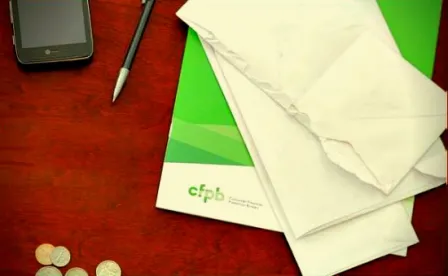On February 1, 2023, the CFPB proposed new rules to reduce the late fees that credit card issuers may charge to consumers (the “Proposed Rules”). The CFPB refers to current late fees as “over the top” and “exorbitant.” The CFPB indicates that it believes it has the authority to limit late fees under the CARD Act of 2009, which amended the Truth in Lending Act to require that late fees and other penalty fees be “reasonable and proportional to” the consumer’s violation of the cardholder agreement.
Under current rules, card issuers have two ways to comply with credit card penalty fee limits: (1) charge a fee in an amount that the issuer has determined to represent a reasonable proportion of the total costs incurred by the card issuer as a result of the type of violation that triggers such fee or (2) rely on safe harbor fee amounts that are adjusted annually to reflect changes in the Consumer Price Index (“CPI”). The CFPB is of the view that the safe harbor with its associated annual adjustment has resulting in card issuers being able to charge late fees that are five times higher than the CFPB’s estimate of “pre-charge-off costs” associated with the fee. The Bureau seems to have concluded that such costs are not increasing at the same rate as the CPI.
The CFPB therefore is proposing the following changes to late fees:
-
A safe harbor cap of $8 for each late fee, in place of the current $30 cap.
-
A further prohibition on any late fee that exceeds 25% of the amount of the required minimum periodic payment due, which would appear to take precedence over the $8 safe harbor.
-
Elimination of a safe harbor for an increased fee for multiple late payments within six billing cycles.
-
Elimination of the automatic adjustment to the late fee safe harbor based on changes to the CPI.
In place of the automatic CPI adjustment to the late fee safe harbor, the CFPB indicates that it would monitor the market and make adjustments to the safe harbor “on an ad hoc basis based on this monitoring.” It seems clear that credit card issuers would be unable to predict from month-to-month or year-to-year what late fees will be permissible.
Finally, the CFPB is not proposing to limit penalty fees other than late fees “at this time” because it believes that late fees “are by far the most prevalent penalty fees charged by card issuers.” It did, however, invite comment on whether other fees should be limited.
The public may submit comments to the Proposed Rules until April 3, 2023, or until the date that is 30 days after the publication of the Proposed Rules in the Federal Register, whichever is later. Given that the new limit would significantly impact bank revenues from penalty fees, we expect that very many banks and bank associations will take advantage of this comment period.



 />i
/>i

